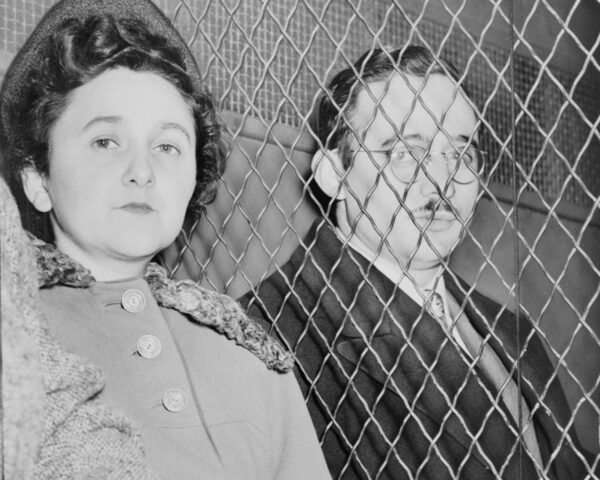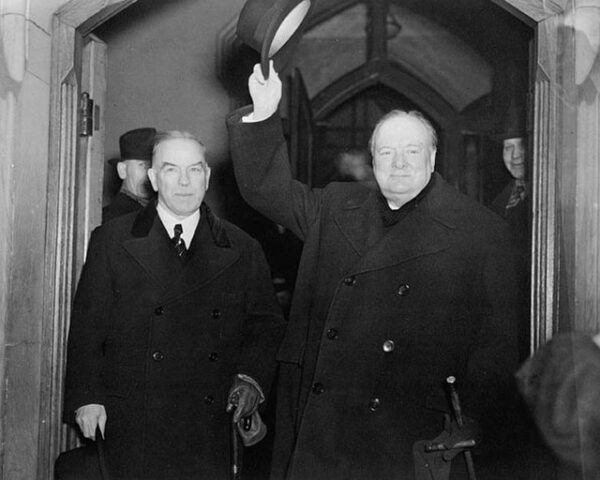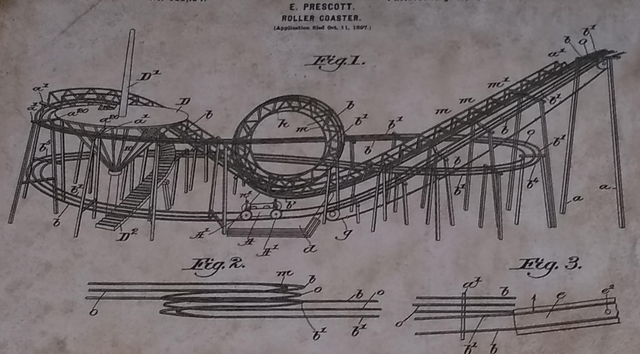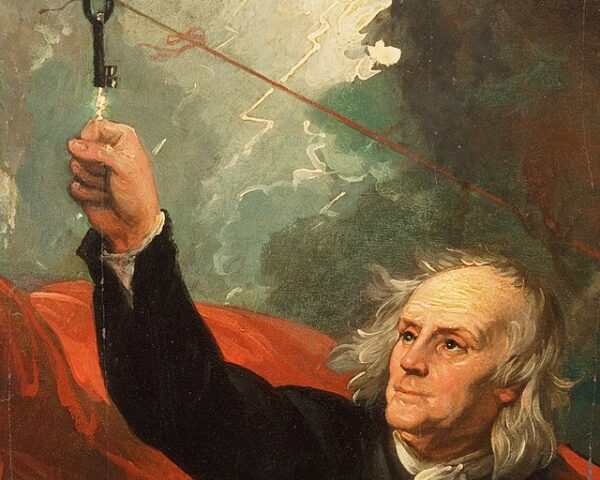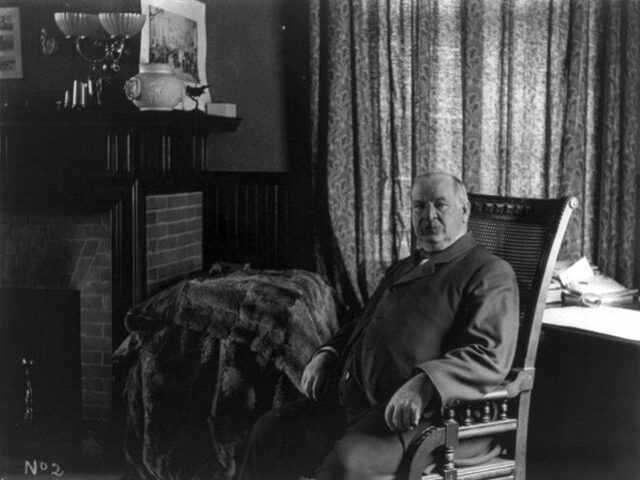On June 19, 1953, two of the most famous spies against the United States met their fate. Members of the communist party, Julius and Ethel Rosenberg, were convicted of passing secret information about the atomic bomb to the Soviet Union in 1945. Julius Rosenberg…
Read MoreOn June 18, 1940, one of the most important speeches ever given happened on the floor of the House of Commons in London. In the spring of that year, Europe was slowly being eaten by Nazi Germany. Three weeks prior to the address, writes The…
Read MoreOn June 17, 1885, Lady Liberty arrived in the United States. Aboard the French frigate Isère and stuffed in 214 crates that held the disassembled statue, nearly a quarter-of-a-million onlookers crowded in Battery Park in New York City, along with nearly a hundred boats in the…
Read MoreOn June 16, 1884, Americans visiting Coney Island in New York experienced the thrill of a lifetime when the first roller coaster in the United States opened to the public. Invented and built by LaMarcus Thompson, known as “the Father of the Gravity Ride,”…
Read MoreArlington National Cemetery, one of the most hallowed grounds in the United States, has a rich history intertwined with the nation’s Civil War and its aftermath. Its creation was driven by both practical needs and symbolic gestures, transforming a site of personal significance into…
Read MoreAccording to tradition, on June 15, 1752, Benjamin Franklin performed his most famous science experiment, one that helped make him renowned and is most often associated with him. As the skies of Philadelphia began to darken with the approaching of a thunderstorm and many…
Read MoreThe annual Congressional Baseball Game for Charity is a long-standing bipartisan tradition where members of the United States Congress are divided into teams by political affiliation to compete in a friendly baseball match. On June 14, 2017, in Alexandria, Virginia, however, the fun was…
Read MoreOn June 14, 1954, the United States of America officially became a nation “under God” When President Dwight Eisenhower signed a bill to insert the phrase into the Pledge of Allegiance. First designed in 1892, the pledge originally avoided referencing religion. In 1892, Francis…
Read MoreOn June 13, 1971, The New York Times began publishing a series of articles based on the Pentagon Papers, a top-secret Department of Defense study of U.S. political and military involvement in Vietnam from 1945 to 1967. It was a bombshell report. The Pentagon…
Read MoreOn June 13, 1893, the president of the United States learned he would have to disappear for a few days. Shortly into his second term in The White House, Grover Cleveland noticed a rough spot on the roof of his mouth. After consulting the…
Read More

